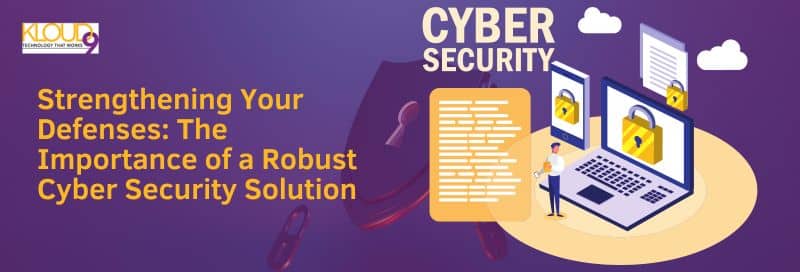In an age dominated by technological innovation, the pervasiveness of digital connectivity has brought unprecedented convenience and efficiency. However, with this increased reliance on digital platforms comes an escalating risk of cyber threats.
- Columbus: (614) 702-7700
- Cleveland: (216) 393-2484
- Akron/Canton: (330) 685-9100
Blog
Holiday cybersecurity tips to protect against hackers
Powering productivity: The optimal internet speed for remote work
The Evolution of SaaS: Empowering Businesses with Cutting-Edge Software Solutions
Don’t fall for these common social engineering tricks

In an ever-evolving cybersecurity landscape, experts tirelessly develop new defense systems to safeguard individuals and businesses from the relentless pursuit of hackers. But hackers have found an effective way to circumvent even the most robust network security systems: They capitalize on human vulnerabilities, tricking people into divulging sensitive information.
Proven business continuity strategies to safeguard your operations

Businesses operate in a volatile world where unforeseen events such as cyberthreats and natural disasters can strike at any moment. To ensure your company’s survival, it’s essential to have the following business continuity strategies in place.
Back up your data
The most effective way to ensure business continuity is to back up your data regularly.
Strengthening Your Defenses: The Importance of a Robust Cyber Security Solution
5 Tips for secure customer data collection

Much of business centers on giving people what they want. This means understanding customers’ interests and needs by accumulating and organizing customer data. However, the methods you use to collect that data need to abide by data privacy laws. Breaching those laws can incur fines, penalties, and loss of reputation.
How to boost cybersecurity when working remotely

Remote work has become the norm, and it brings a host of benefits to both employees and employers. However, working outside of a traditional office environment introduces unique security challenges. Fortunately, there are steps you can take to improve your and your employees’ cybersecurity while working remotely.
Shaping future workforces with the human cloud

The future of work is here, and it’s digital, dynamic, and decentralized. The human cloud, often likened to the gig economy, is a pivotal force behind this transformation. As businesses seek flexible, cost-effective solutions to meet their workforce needs, the human cloud has emerged as a game-changing trend.






